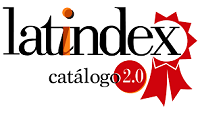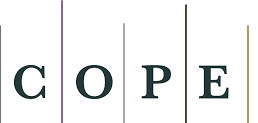Quality management in the Hotel Industry Puno: case Three Stars Hotels
DOI:
https://doi.org/10.26867/se.2015.v04i2.41Keywords:
Quality, Management, Tools, EFQM, Profitability, SalesAbstract
The aim of the study is to analyze quality management in the hotel industry in Puno. Quality management in hotels in the three stars category was analyzed using the model quality European Foundation Quality Management (EFQM) in a population of 17 hotels. The study is descriptive-correlational of cross-section in the cities of Puno and Juliaca in the period 2011, a population of 17 hotel establishments; information was obtained from primary and secondary sources inside and outside the organization, using qualitative and quantitative methods. The results indicate that of the 20 management tools used by managers and/or executives stand out: continuous improvement (82%), Strengths, Weaknesses, Opportunities and Threats (82%) analysis and use of internet usage with 82%, respectively, not listed as used any quality management model; applying the model under the EFQM approach the efficiency ratio reached a score of 356 out of a total of 500 points, which is 72% compliance, reaching the qualification good; and finally using the Spearman correlation coefficient whose probabilities indicate that propellants model: leadership (p = 0.68), strategy (p = 0.72), people (p = 0.69), partnerships and resources (p = 0.62) and, processes, products and services (p = 0.63), where the correlation is significant for levels of 0.01 and 0.05, they reveal a statistically acceptable significance with values close to 1, which leads to the conclusion that are associated and there is a relationship between the quality management of sales growth and profitability in the three-star hotels.

















